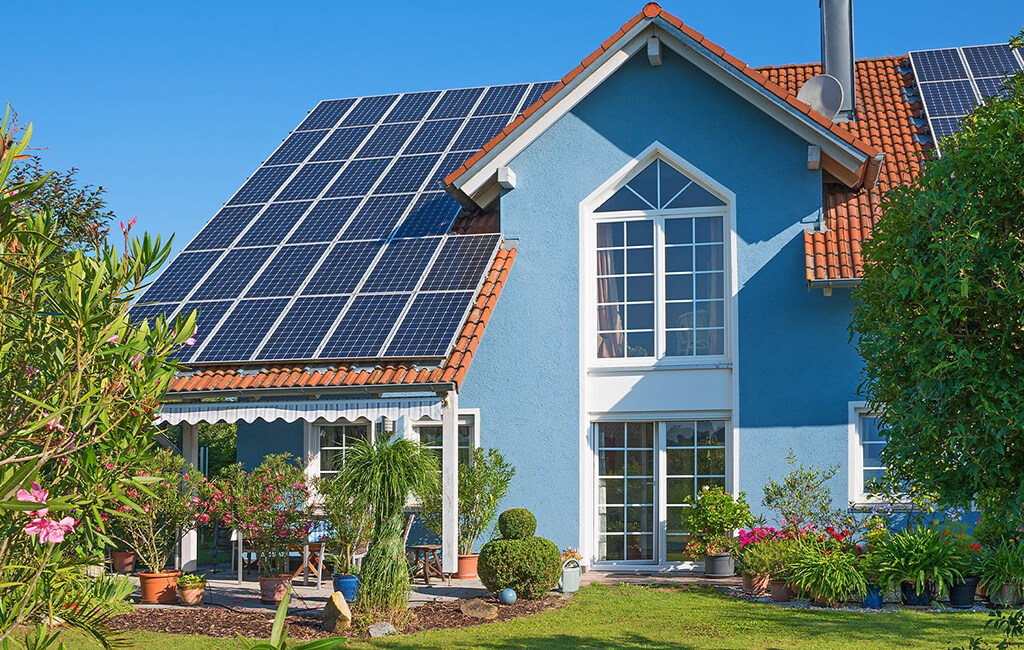


Around 40% of the world’s electricity comes from coal, as well as being used in industry for steel production, cement manufacturing, and as liquid fuel. However, there is no doubt that coal is extremely harmful for the environment. Therefore, it is critical that we move away from this eco-nightmare to more sustainable resources that can generate energy without devastating the planet. Switching to solar power by installing solar panels on the roof of your business or home is a great step towards massively lowering our carbon footprint and helping to save the environment.
As the Australian population becomes more aware about the environment, it has now become common knowledge that coal is not exactly eco-friendly. Mining coal is incredibly destructive to the environment. Most coal reserves are located deep underground, and accessing them is incredibly difficult. Doing so involves clearing large geographic regions, including destroying old-growth forests. Coal mining destroys natural habitats, not only through deforestation and mountaintop removal, but also by contaminating the surrounding land and waterways. This, in turn, can harm or kill plants and animals and disrupt entire ecosystems.
The lowest cost way to replace the coal power now providing 63% of Australia’s electricity is to replace it with a combination of wind and solar generation plus energy storage. The cost of renewable energy and battery storage has fallen so far, the only way existing coal power stations will be able to turn a profit soon will be if crooked politicians hand out favours to fossil fuel industries.
Rooftop Solar Requires The Least Land. Most of Australia’s solar energy is provided by rooftop solar power systems. Coal power is dispatchable. This means it can be turned on and off as needed. Or at least it technically can. In practice, coal power stations are costly to turn on and off and have to provide a minimum amount of power that ranges from around 42-60% of their maximum capacity.
Solar and wind power are reliable but variable. They’re reliable because weather forecasts give us an excellent idea of how much power they’ll provide. Also, if one solar inverter or wind turbine breaks down, it has an insignificant effect on total output, unlike when a coal power station breaks down. But, while reliable, it’s not dispatchable because output depends on the weather. If you need some energy right away, turning a solar farm on at midnight is not an option. There have been developments made in the world of solar technology to make solar and wind generation effectively dispatchable with the innovation of solar batteries.
Burning coal generates carbon monoxide, which causes air pollution and can lead to long-term respiratory problems, trigger asthma attacks, and cause chest pains. In Australia, around 1 in 10 children suffer from asthma, and this is the number one cause of illness-related absence from school.
Coal emissions contain mercury, a toxic substance that can damage our nervous system and cause developmental problems in babies and children. Burning coal also releases lead. Prolonged exposure to lead can cause abdominal pain, constipation, depression, irritability, and nausea. Additionally, emissions from coal plants cause acid rain. This forms when sulphur dioxide and nitrogen oxides mix with water and other chemicals in the air to make acid that falls to the Earth as rain.
From mining coal to burning for power and storing its toxic waste, every stage of the process is incredibly damaging to people, wildlife, and the planet. Shockingly, many people still depend on coal for electricity, highlighting the need to encourage more people to switch to renewable alternatives that do not have such a horrific impact on the environment.
With lower carbon emissions, the adoption of renewable energy technology such as solar power can help reduce global warming.
Contact One solar today for a free quote on a premium and reliable solar power system and play your part in contributing towards saving the environment.